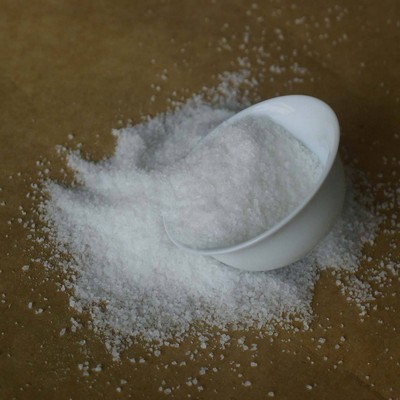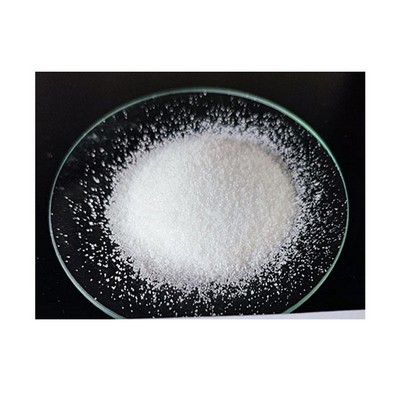Radiologic Features of Polyacrylamide Gel Mammoplasty
Except a previous article describing the T1 and T2 signal characteristics of polyacrylamide gel in breast augmentation , to our knowledge, the radiologic findings of polyacrylamide gel implants and complications of polyacrylamide gel mammoplasty have not been previously reported in the English-language literature.
Radiologic Features of Polyacrylamide Gel Mammoplasty Article in American Journal of Roentgenology 191(3):W89-95 · October 2008 with 31 Reads How we measure 'reads'

Diagnostic cytological features of polyacrylamide gel
Aesthetic Plast Surg 2002; 26: 375–82. 3. Teo SY, Wang SC. Radiologic features of polyacrylamide gel mammoplasty. Am J Roentgenol 2008; 191: W89–95. 4. Lui CY, Ho CM, Iu PP, et al. Evaluation of MRI ï¬ ndings after polyacrylamide gel injection for breast augmentation. Am J Roentgenol 2008; 191: 677–88. 5. Leung KM, Yeoh
Get Price
Complications and Radiologic Features of Breast
Aquafilling gel (Aquafilling, Poděbrady, Czech Republic) is a new soft tissue filler that has been used as an implant material for the face and lip and recently for breast augmentation. This article describes 3 cases of augmentation mammoplasty using Aquafilling gel, focusing on their complications and radiologic features.
Get Price
ComplicationsandRadiologic FeaturesofBreastAugmentation
US, gel material was observed as anechoic septate fluid-like or occasionally turbid fluidlike lesions. These imag-ing features are similar to those of polyacrylamide gel mammoplasty.7,8 In conclusion, augmentation mammoplasty with Aquafilling gel has been recently performed and yielded satisfactory aesthetic results. However, the safety of this
Get Price
Polyacrylamide gel breast augmentation: report of two
Polyacrylamide gel (PAAG) is a stable, nontoxic highly hydrophilic substance with 2.5% cross-linked polyacrylamide and 97.5% water . Its high water content allows PAAG to be readily integrated within surrounding connective tissue and fat.
Get Price- What is poly Aluminium chloride?
- Poly aluminium chloride is a white to light yellow powder used as a coagulant for water treatment. It may cause eye or skin irritation with prolonged contact. The material safety data sheet provides information on proper storage, handling, first aid measures, and disposal to use the chemical safely.
- Is poly Aluminium chloride dangerous?
- It may cause eye or skin irritation with prolonged contact. The material safety data sheet provides information on proper storage, handling, first aid measures, and disposal to use the chemical safely. Poly aluminium chloride is not classified as dangerous for transport.
- What are the effects of polyaluminum chloride?
- 3204J - Polyaluminum chloride solution Revision date 2020-Dec-18 Chronic effects May aggravate existing skin, eye, and lung conditions. Persons with kidney disorders have an increased risk from exposure based on general information found on aluminum salts.
- What are the safety precautions when using polyaluminium chloride?
- Corrosive CONTAINS Polyaluminium Chloride RISK PHRASES R34 Causes burns. SAFETY PHRASES S1/2 Keep locked up and out of the reach of children. S20 When using do not eat or drink. S24/25 Avoid contact with skin and eyes. S26 In case of contact with eyes, rinse immediately with plenty of water and seek medical advice.








